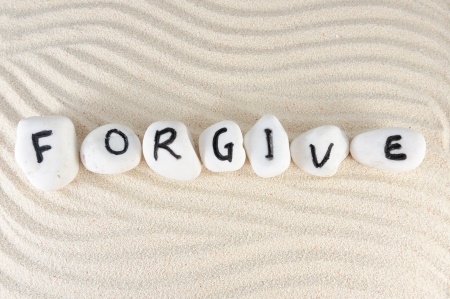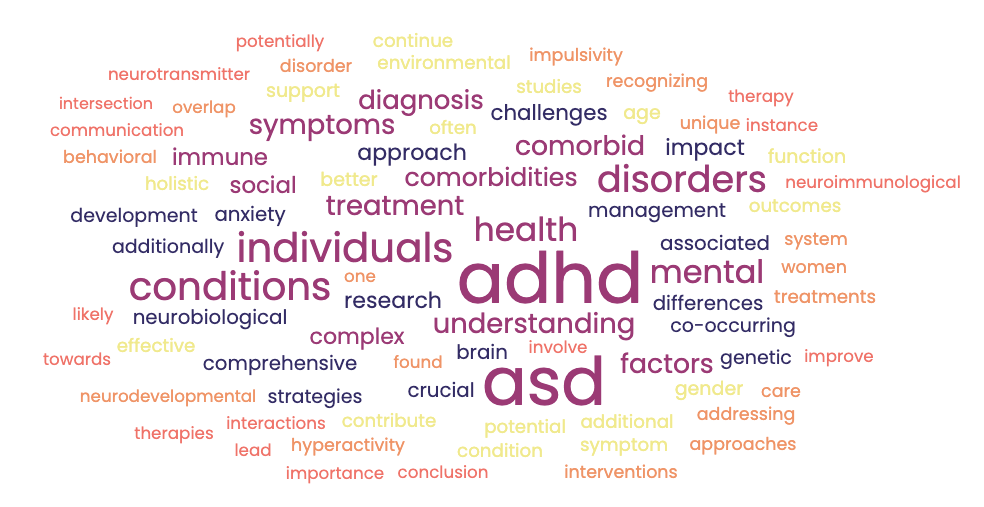Ancient wisdom and recent research from the field of positive psychology suggests that learning to forgive may just be one pathway to greater emotional freedom, peace, better relationships and improved health.
Forgiveness is defined as a deliberate decision to release feelings of anger, resentment and vengeance towards someone who has harmed you, regardless of whether or not they deserve it. It does not mean forgetting or condoning the offenses that were done to you, nor does it necessarily mean that you reconcile with the offender.
Our willingness to engage in forgiveness is typically contingent upon the value or closeness of the relationship to the wrongdoer and the probability that the wrongdoer will harm us in the future. In close relationships, the person who was wronged becomes less motivated to retaliate or remain estranged from the offender and more focused on goodwill towards the offender, despite their past hurtful actions. In more distant relationships, where we forgive a person with whom we do not want a continuing connection, forgiveness is defined as reducing resentment and motivation toward revenge.
In contrast to forgiveness, unforgiveness is a negative emotional state in which the person who was wronged maintains feelings of hostility, anger and hatred towards the person who committed the offense. Holding a grudge has been linked to increased physiological stress, including increased heart rate and higher blood pressure (Witvliet, 2011). Lack of forgiveness can wreak havoc on relationships, shifting partner’s goals to competition rather than cooperation (Fincham & Beach, 2014).
The key benefit of forgiveness is that it frees the person who has been wronged from corrosive anger. Practicing forgiveness allows the person who has been wronged to heal and move from being defined by the pain that they have suffered. Learning how to forgive can lead to increased self-esteem, better moods, less anger and anxiety, decreased stress and happier relationships.
Fred Luskin, Ph.D., a pioneer in the study of forgiveness, has developed the “Nine Steps to Forgiveness” that has been used worldwide to help people give up grudges. He states that forgiveness is a process that occurs along the continuum of mourning. He identified three steps that are essential for forgiveness. The first step involves fully acknowledging the harm done, to take in the fact that you’ve lost something and its painful. The second step on the path to forgiveness is to experience all of the feelings normally associated with the difficult experience. If someone has been suppressing their reactions to the event, they will need to experience the range of emotions such as fear, sadness and anger that the harmful event evokes. The third step in the process is sharing your grief with one or more trusted others, as the human connection is central to healing.
Below are the nine steps that Dr. Luskin recommends to work towards forgiveness in your own life.
- Clearly define what happened and why it hurt you. Tell a trusted confidante.
- Commit to forgiveness in order to release pain for yourself, not for someone else.
- Be clear that forgiveness is not condoning the action or necessarily reconciling with the offender. It is something you do for yourself in order to cultivate peace and understanding. It is about changing the grievance story and taking the “life experience less personally.”
- Gain some perspective. Your distress is likely coming from the hurt feelings, thoughts and physical sensations you are experiencing now rather than from the offense that happened in the past.
- When you feel upset about the offense or the offender, practice a stress management technique.
- Alter your expectations. Recognize the “unenforceable rules” that you have for how others should behave. Give up seeking things from other people that they do not choose to give you. You have the choice to work towards your own health, love, peace and prosperity.
- Focus your energy on finding positive ways to meet your goals rather than mentally replaying your hurt.
- Shift your focus from your wounded feelings and look for love, beauty and kindness in your life.
- Remind yourself of your own heroic choice to forgive.
For more on forgiveness, consider these books:
Emotional Freedom: Liberate Yourself From Negative Emotions and Transform Your Life (2010). by Judith Orloff, M.D.
or
Forgive for Good: A Proven Prescription for Health and Happiness (2001). by Fred Luskin, Ph.D.
REFERENCES
Fincham, F. D. & Beach, S. R. H. (2014). I say a little prayer for you: Praying for partner increases commitment in romantic relationships. Journal of Family Psychology, 28, 587-593.
Witvliet, C.V.O., DeYoung, N.J., Hofelich, A.J., and DeYoung, P.A. (2011). Compassionate reappraisal and emotion suppression as alternatives to offense-focused rumination: Implications for forgiveness and psychophysiological well-being. The Journal of Positive Psychology, 6,286-299.








